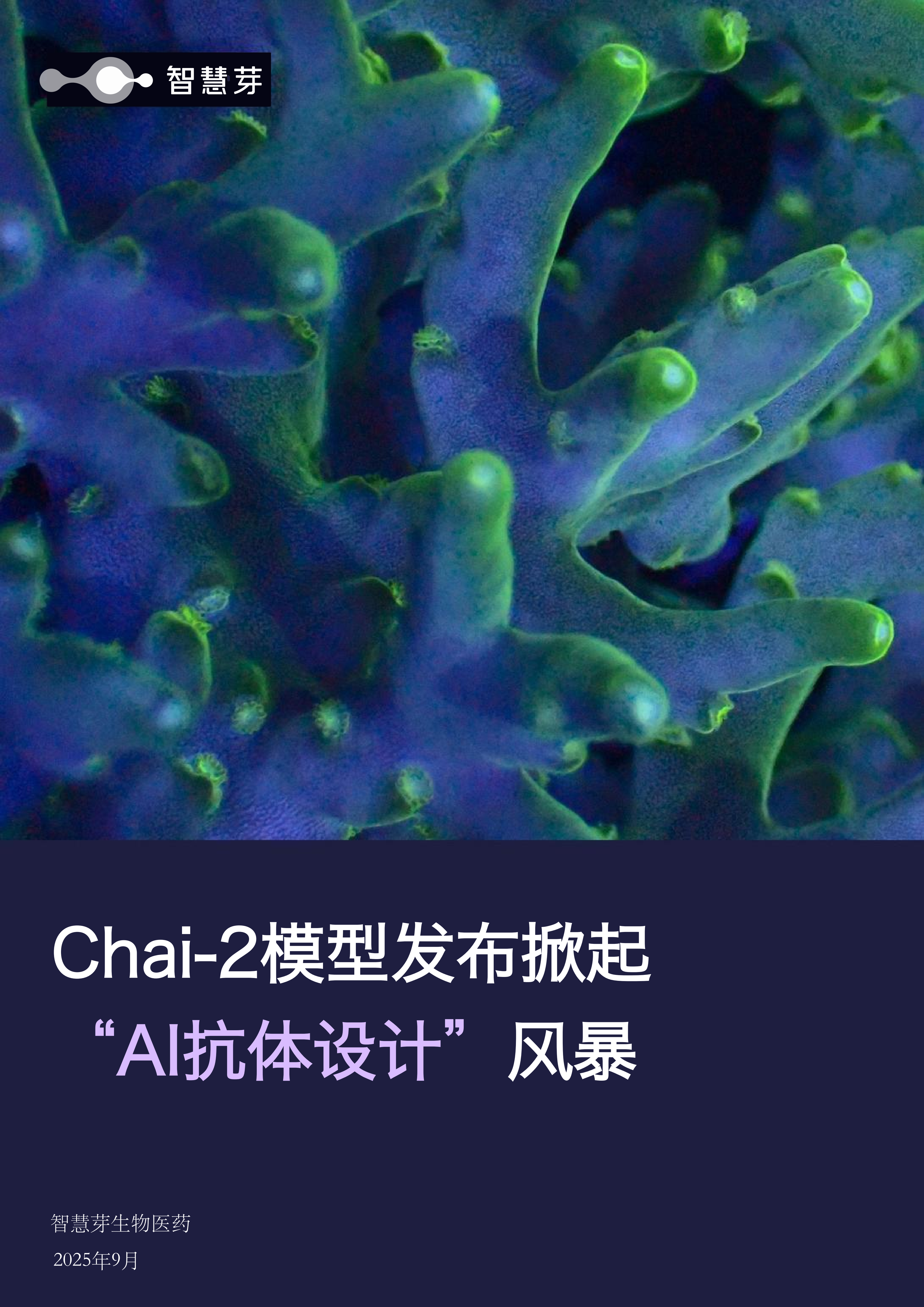预约演示
Roche launches two antibodies to identify mutation status in brain cancer patients
2023-02-24
上市批准
Roche has announced the launch of two new antibodies to identify key mutations in patients diagnosed with brain cancer, allowing clinicians to quickly determine the best treatment path for a specific patient and help predict therapeutic outcomes.
Rocheompany explained that there are two main types of cells in the brain: neurons, which are the communicbrain cancer nervous system, and glial cells, which support and protect neurons and maintain the body’s natural state of balance.
Gliomas, which develop from glial cells, are the most common type of malignant brain tumours in adults, and those that carry mutations in the IDH1 and ATRX genes are biologically distinct from those that do not.
Gliomas a patient’s IDH1 and ATRX mutation status allows clinicians tmalignant brain tumourscare based on specific tumour classification, RochIDH1id, iATRXding a more informed prognosis, the selection of targeted therapies and inclusion in clinical trials.
The company’s IDH1 R132H (MRQ-67) RabbiRoche Diagnosticsbody can detect the IDH1 RIDH1 mutation in adult-type gliomas and in acute myeloid leukaemia, while its ATRX Rabbit Polyclonal Antibody can detect a mutation in the ATRX gene.brain cancer
Both tests are now available in the US, Roche said, and will likely be made IDH1ssible in other nonadult-type gliomasthis yeaacute myeloid leukaemiaries that acATRX the CE mark.ATRX
Also this month, Roche announced that itRocheibody drug conjugate Polivy (polatuzumab vedotin) was recommended by the National Institute for Health and Care Excellence (NICE) as part of a drug combination to treat adults with an aggressive form of blood cancer.
In final draft guRochee, NICE recommended the Polivy be used in coPolivyiopolatuzumab vedotinyclophosphamide, doxorubiNational Institute for Health and Care Excellence (NICE)lymphoma (DLBCL).blood cancer
With NICE reporting that the current standard Polivyent for this group is only efrituximabn cyclophosphamidetsdoxorubicinchmieprednisolonelogy lead at Rodiffuse large B-cell lymphoma (DLBCL)al marked a “new era for people battling aggressive DLBCL".
更多内容,请访问原始网站
文中所述内容并不反映新药情报库及其所属公司任何意见及观点,如有版权侵扰或错误之处,请及时联系我们,我们会在24小时内配合处理。
Eureka LS:
全新生物医药AI Agent 覆盖科研全链路,让突破性发现快人一步
立即开始免费试用!
智慧芽新药情报库是智慧芽专为生命科学人士构建的基于AI的创新药情报平台,助您全方位提升您的研发与决策效率。
立即开始数据试用!
智慧芽新药库数据也通过智慧芽数据服务平台,以API或者数据包形式对外开放,助您更加充分利用智慧芽新药情报信息。





